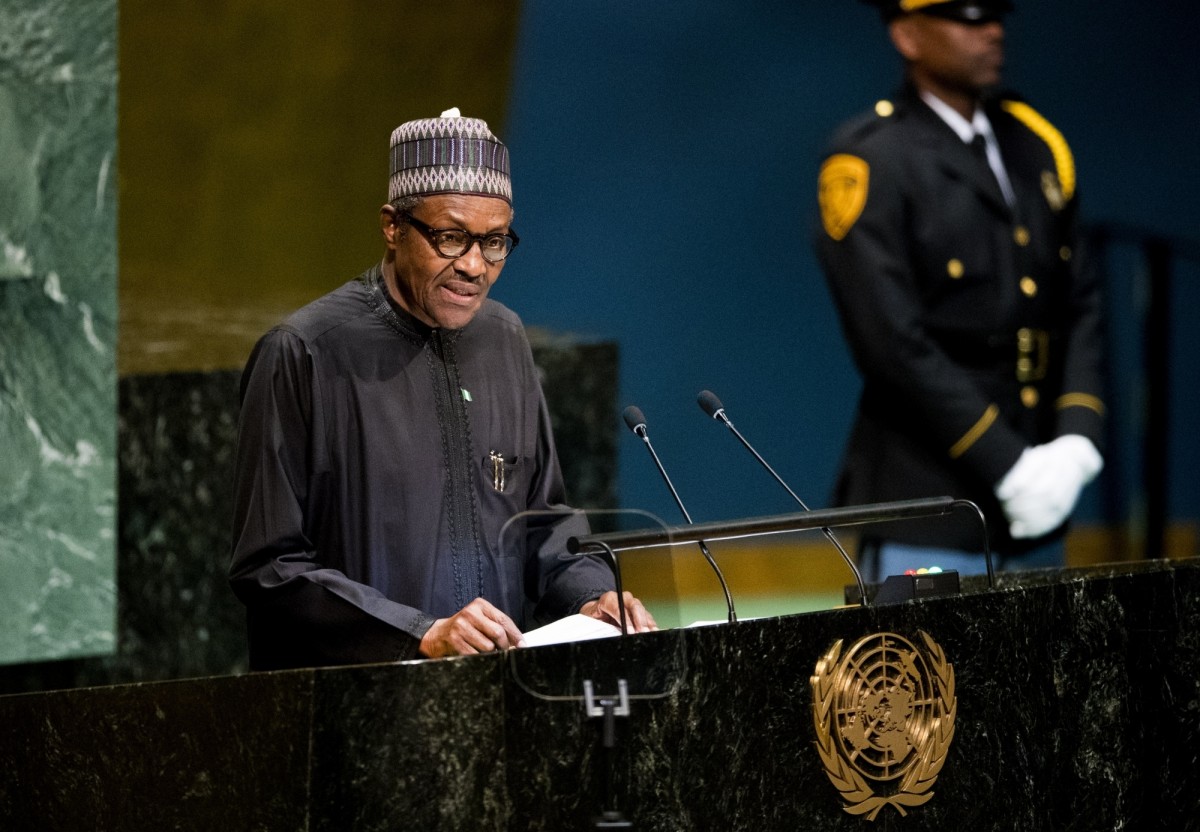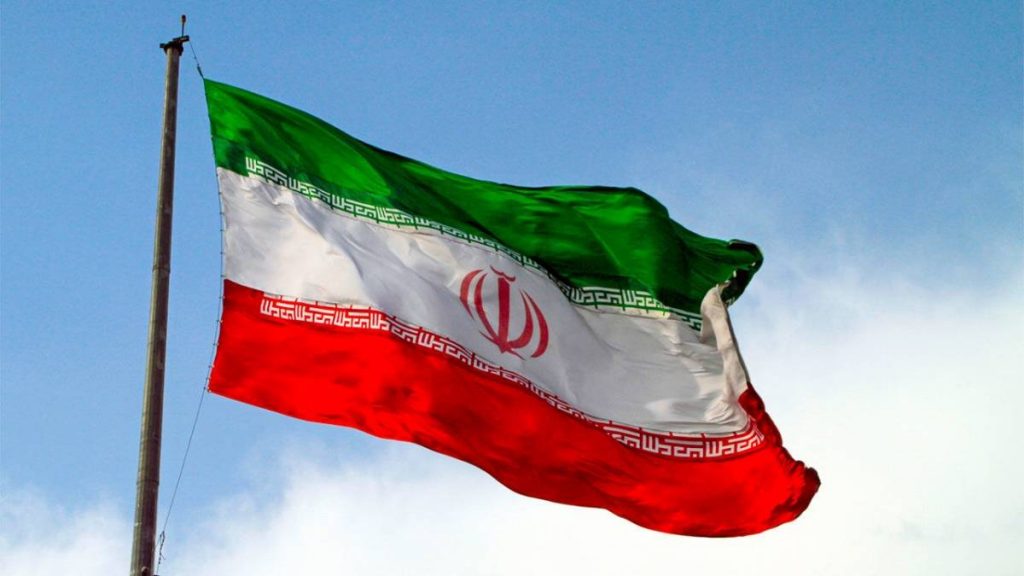Nigerian President Muhammadu Buhari has said the country annually loses about USD 26.3 billion to piracy and sea robbery, among other forms of maritime crimes.
In this light, securing the shipping lanes was crucial to Nigeria’s economic interests, Buhari, who was represented by Vice President Yemi Osinbajo, said while performing the inauguration of Falcon Eye Project, Nigerian Navy’s strategic maritime surveillance system, at the Naval headquarters in Abuja.
“Why is this project so important to us as a nation? The maritime industry occupies a prominent position in the matrix of our vital economic interests and it encompasses activities ranging from fishing and resource exploration to marine research and shipping among other endeavors,” the Nigerian leader noted.
Of all these activities, he said shipping stands out as a critical link in Nigeria’s international trade engagements “because it is the cheapest and most efficient means of moving large volumes of goods,” Xinhua reported.

According to him, Nigeria’s hydrocarbon resources, which are largely domiciled in the maritime environment, remain the mainstay of the country’s economy.
“It accounts for 55 per cent of our gross domestic product, 95 per cent of our export earnings, and about 70 per cent of government revenue,” he said.
Some threats within Nigeria’s maritime environment had in recent years taken more harmful dimensions to the economy and even the safety of citizens and commercial entities which used the maritime domain, the Nigerian leader said, identifying piracy, armed attacks on ships, kidnapping for ransom, crude oil theft, smuggling, as well as illegal unregulated and unreported fishing, among others.
“It is estimated that Nigeria loses about 26.3 billion dollars annually to various forms of criminality, particularly piracy and sea robbery. On account of the escalated risks in some of our maritime areas, insurance premiums for commercial vessels coming to these areas have risen sharply, making maritime trade an unattractive proposition,” he added.








